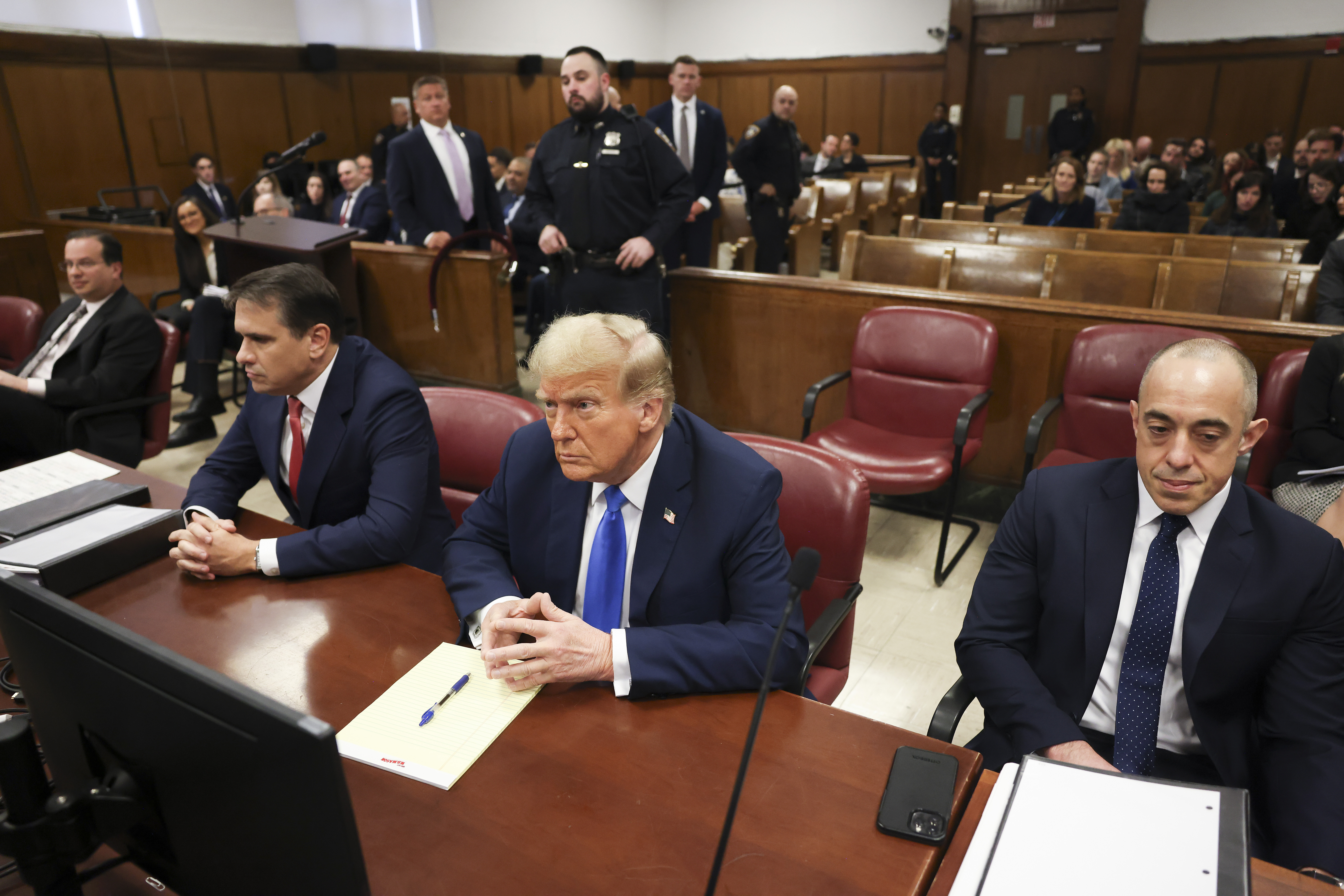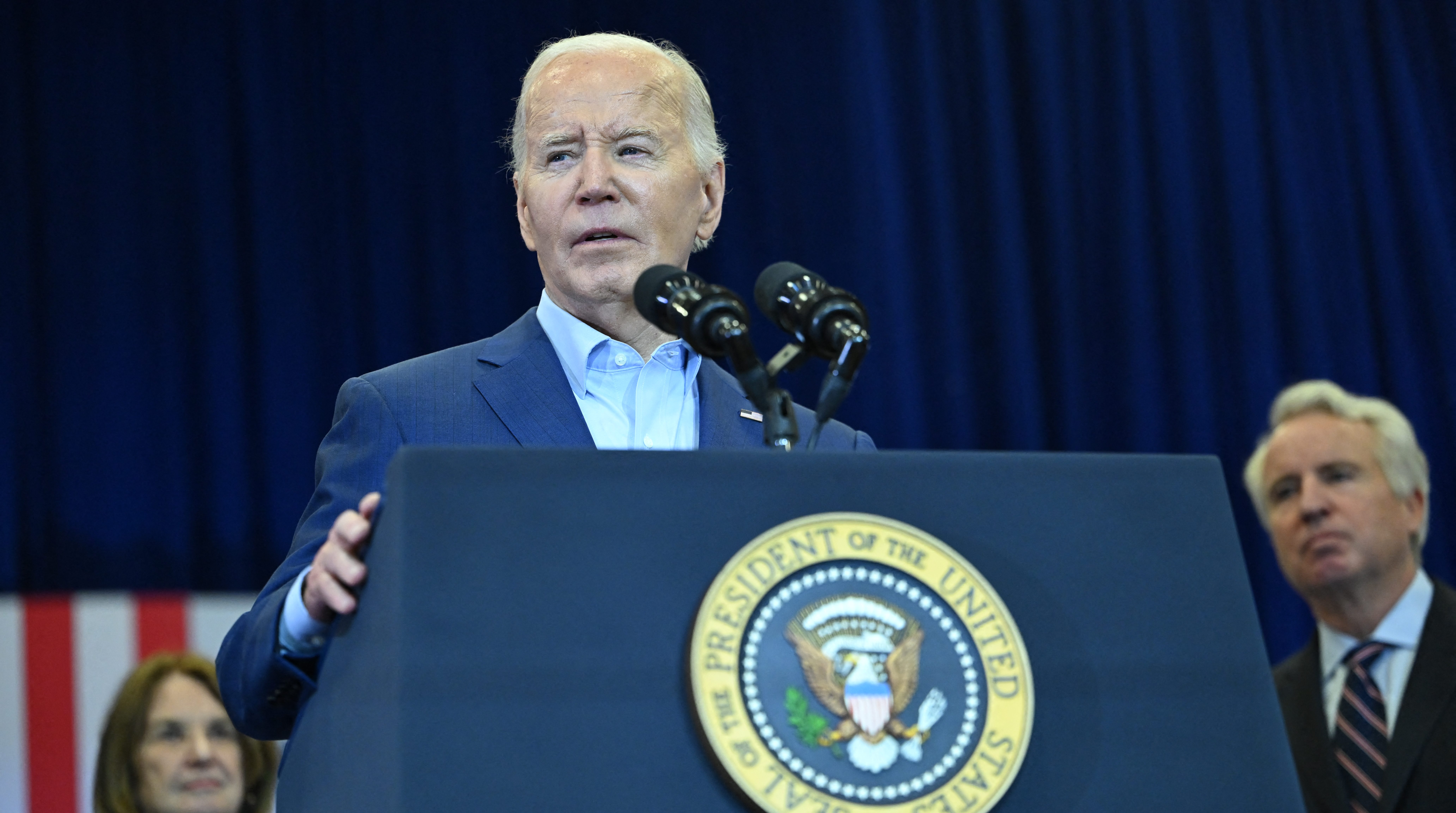Chinese President Xi Jinping reaffirmed the importance of relations with the United States in a phone conversation with President-elect Donald Trump on Monday, opening communication with a politician who had been strongly critical of China during his campaign.
State media reported that Xi congratulated Trump on his election and said cooperation was the "only correct choice" for China and the U.S., the world's two biggest economies.
"At present, there is an important opportunity and huge potential in China-U.S. cooperation," Xi told Trump, according to the reports.
Trump's office said in a statement early Monday that Trump thanked Xi for his well-wishes on his election.
"During the call, the leaders established a clear sense of mutual respect for one another and President-elect Trump stated that he believes the two leaders will have one of the strongest relationships for both countries moving forward," the statement said.
Chinese Foreign Ministry spokesman Geng Shuang said the two sides have agreed to maintain close contact, build good relations and work toward a meeting between Xi and Trump "as soon as possible."
"What I want to point out is that China always maintains close communication with the U.S. side, including Mr. Trump's team, and we will carry on doing that," Geng said at a news conference.
U.S. & World
Speaking Sunday during a visit to Turkey, Foreign Minister Wang Yi said China would continue cooperation with President Barack Obama's outgoing administration to ensure a "smooth transition of bilateral ties to the next U.S. administration." Xi and Obama are scheduled to meet at the Asia-Pacific Economic Cooperation summit in Peru next week.
"China is willing to push for greater progress in China-U.S. ties on the new starting point on the basis of the principles of non-conflict, non-confrontation, mutual respect and win-win cooperation," Wang was quoted as saying by the official Xinhua News Agency.
During the election campaign, Trump accused China of unfair trade practices and currency manipulation and threatened to slap a 45 percent import tariff on Chinese products. He said China's building of man-made islands in disputed waters in the South China Sea was a sign of its disrespect for America, and vowed to bulk up the U.S. military.
Despite that, Chinese state media and government-backed scholars largely favored Trump over his Democratic Party rival Hillary Clinton. As secretary of state, Clinton was seen as a chief proponent of the U.S. "pivot" to Asia that is viewed by China's leaders as an attempt to contain their country's rise to global prominence.
Beijing's rivalry with Washington largely boils down to economics, especially China's $334 billion trade surplus with the U.S. and American accusations of unfair subsidies for exporters and the condoning of intellectual property theft.
The sides are also opposed over security in east Asia, particularly China's assertion of its territorial claims in the South China Sea. Beijing has closely aligned its foreign policy with Russia, putting it at odds with the U.S. over issues including the civil war in Syria and the deployment of U.S. anti-missile defenses in South Korea.
Aside from his criticisms of Beijing, Trump has touted his business dealings with Chinese companies, although he is not known at present to have any major investments in the country.
Trump's espousal of a more isolationist foreign policy could also benefit China by weakening U.S. support for longtime Asian allies such as South Korea, Taiwan and Japan.



